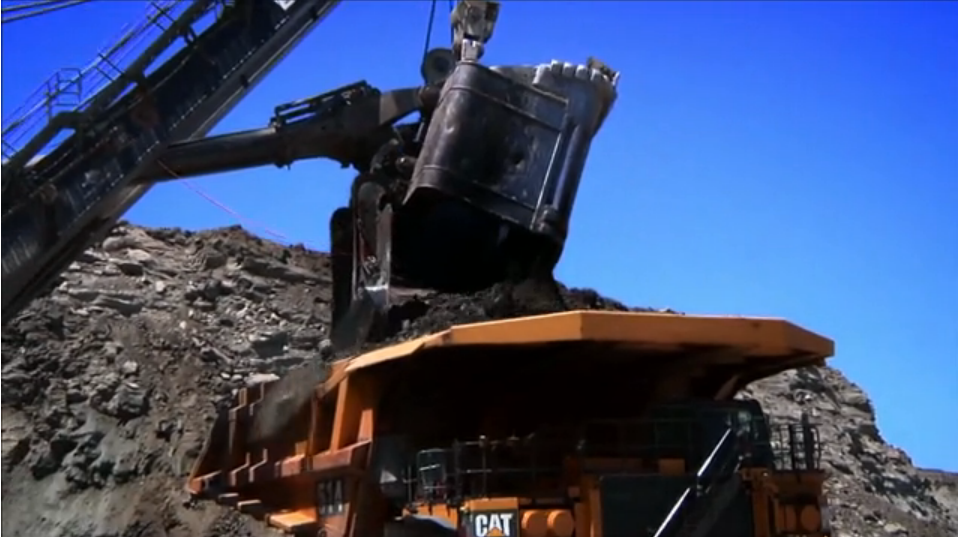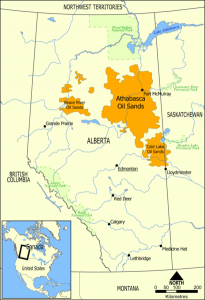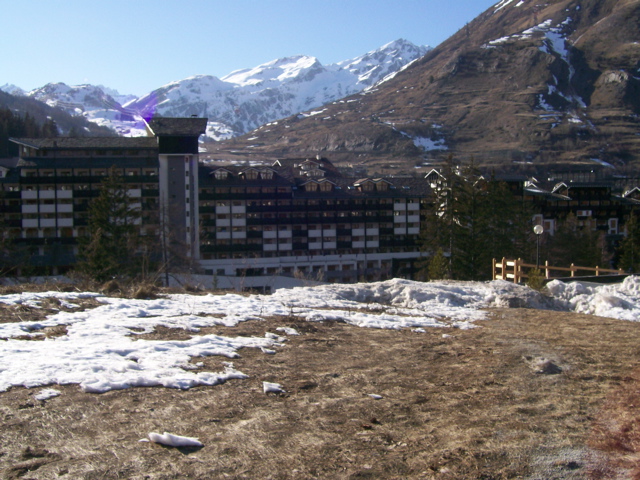
Some of my friends have made a film, Thin Ice, which tells the story of CO2 and climate from the standpoint of the climate scientists who are out there in the trenches trying to figure out what is going on. I have a small role in the film myself, and I am sure RealClimate readers will recognize many more familiar faces. One of the many things I like about this film is that it puts a human face on climate science. It’s harder to demonize people when you feel you know them, and realize that in the end they’re not that different from you and your neighbors (except maybe they know more about CO2 and climate than some others you might meet).
A description of the project, including trailers and clips can be found here . The film will be available during Earth Week for free streaming. Or even better, you can arrange a free screening for your group (details for obtaining a free Earth Week download for screening are available here ). Read below the fold for more information



 These days, when global warming inactivists need to trot out somebody with some semblance of scientific credentials (from the dwindling supply who have made themselves available for such purposes), it seems that they increasingly turn to Roy Spencer, a Principal Research Scientist at the University of Alabama. Roy does have a handful of peer-reviewed publications, some of which have quite decent and interesting results in them. However, the thing you have to understand is that what he gets through peer-review is far less threatening to the mainstream picture of anthropogenic global warming than you’d think from the spin he puts on it in press releases, presentations and the blogosphere. His recent
These days, when global warming inactivists need to trot out somebody with some semblance of scientific credentials (from the dwindling supply who have made themselves available for such purposes), it seems that they increasingly turn to Roy Spencer, a Principal Research Scientist at the University of Alabama. Roy does have a handful of peer-reviewed publications, some of which have quite decent and interesting results in them. However, the thing you have to understand is that what he gets through peer-review is far less threatening to the mainstream picture of anthropogenic global warming than you’d think from the spin he puts on it in press releases, presentations and the blogosphere. His recent  Something over a week ago I had the pleasure of making my way up to the little ski resort of La Thuile in the Val D’Aosta to learn about the latest results from the Venus Express mission. (You can imagine it was a tough decision to go to La Thuile and hear real scientists talking about Venus when I could have instead been listening to luminaries such as Mark Morano drone on at the
Something over a week ago I had the pleasure of making my way up to the little ski resort of La Thuile in the Val D’Aosta to learn about the latest results from the Venus Express mission. (You can imagine it was a tough decision to go to La Thuile and hear real scientists talking about Venus when I could have instead been listening to luminaries such as Mark Morano drone on at the 